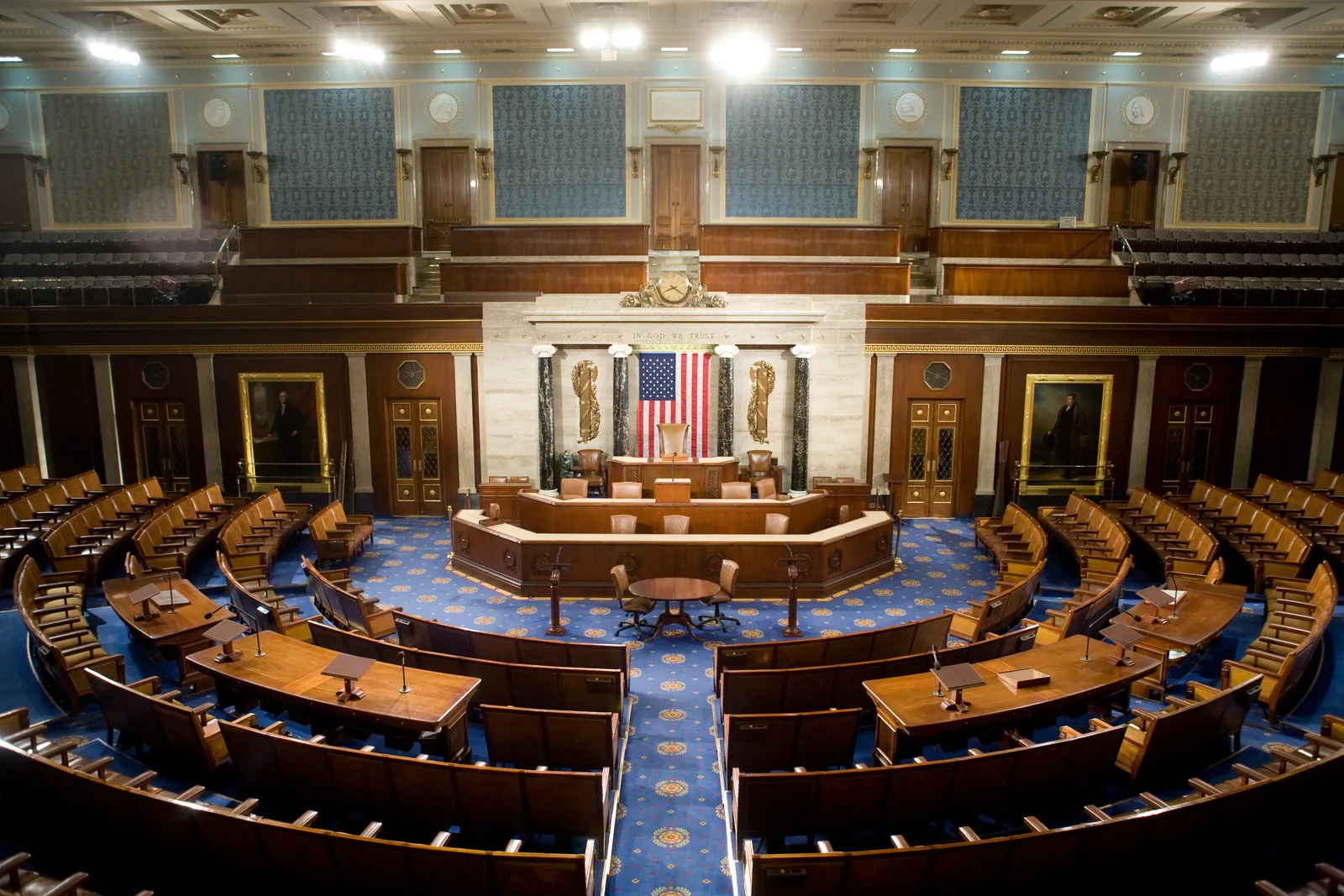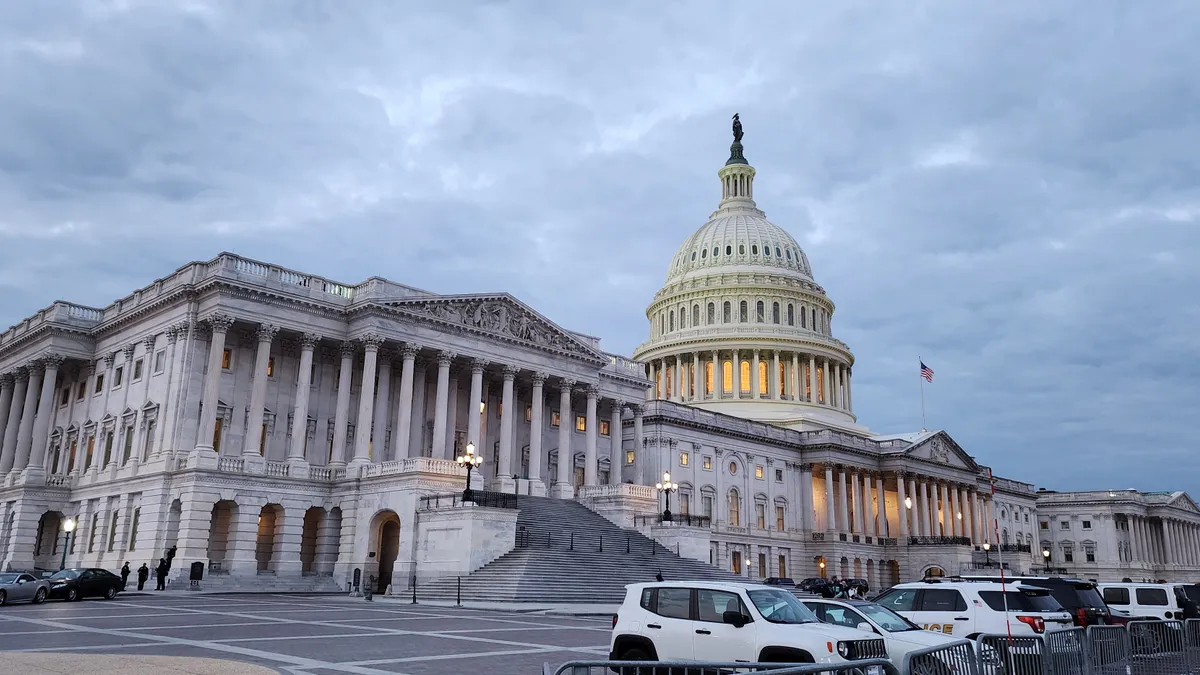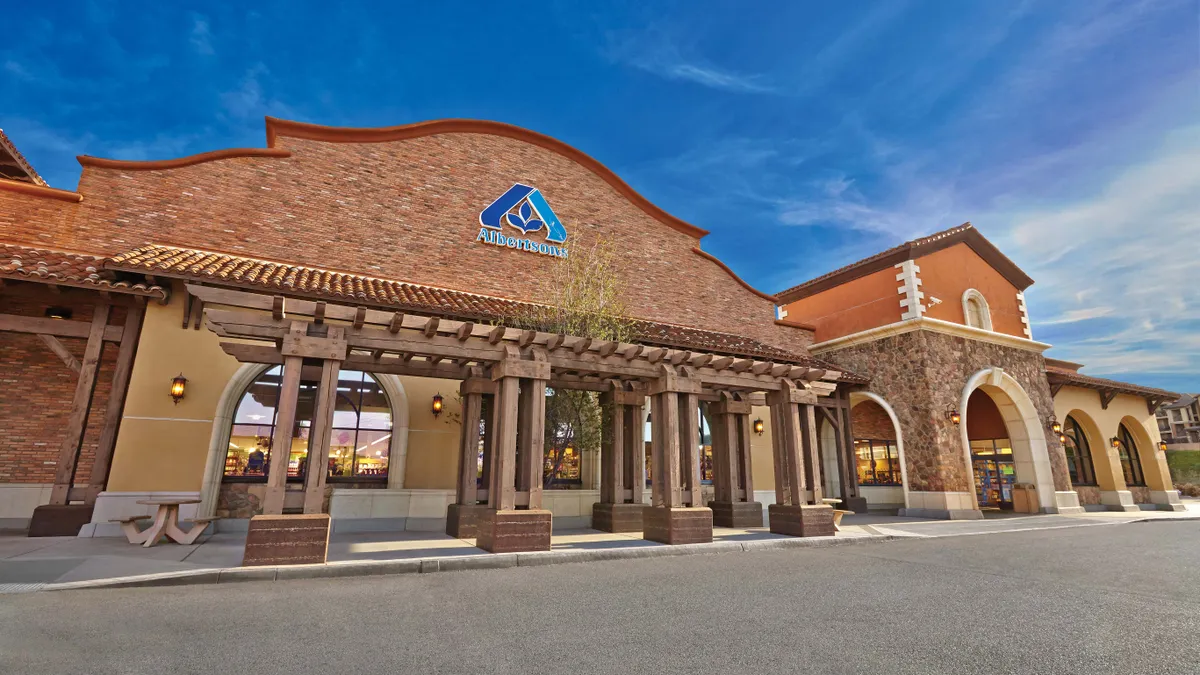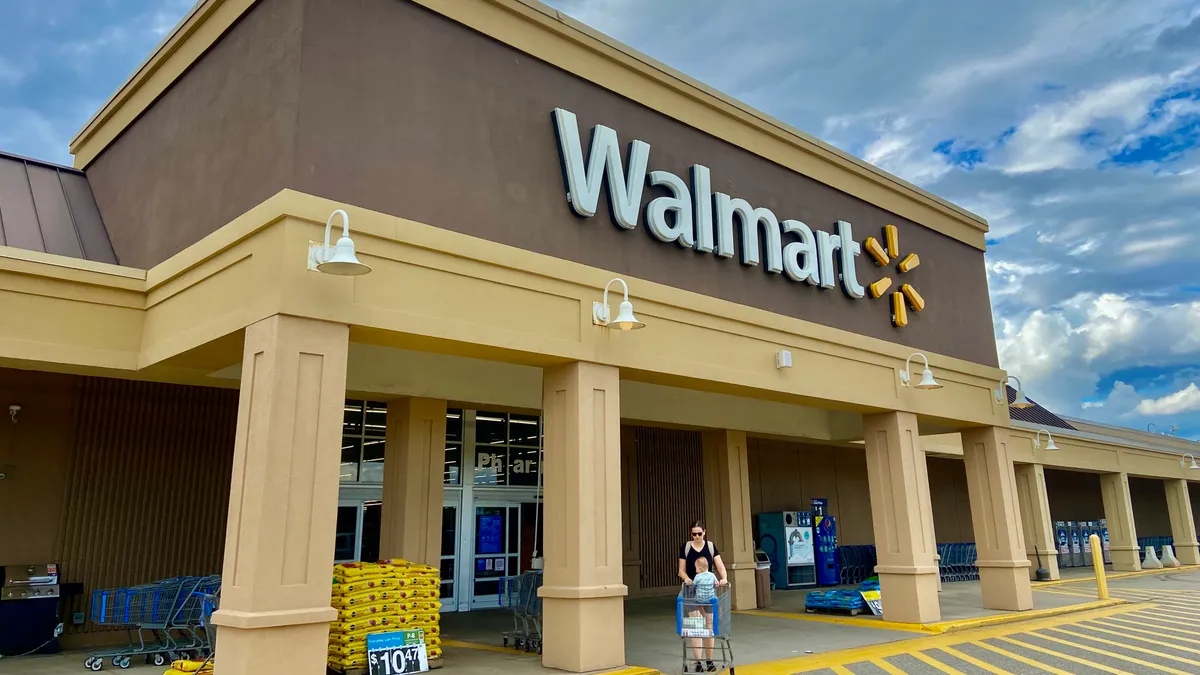Efforts to battle organized retail crime (ORC) have expanded from the sales floors to the floors of the House of Representatives and the Senate with the recent introduction of the Combating Organized Retail Crime Act of 2023.
This proposed bipartisan and bicameral legislation debuted earlier this year and aims to bolster federal response to ORC, mainly by creating a Center to Combat Organized Retail Crime within Homeland Security. A new tool will also be established that will help in federal investigations and prosecutions of ORC as well as assist in recovering lost goods and proceeds.
While the legislation has only just been referred to House and Senate committees, as confirmed by the bill’s sponsors in each branch, it has already gained support from at least nine organizations, including the National Retail Federation (NRF), Retail Industry Leaders Association and ICSC to name a few.
Many in the retail industry have long awaited this level of federal involvement to help combat ORC crime rings. The bill notes that ORC costs retailers around $720,000 per every $1 billion in sales as of 2019, and with NRF research showing aggression and violence during these thefts are escalating, this legislation could be an aid for the retail sector.

Justice for retailers
While ORC is a retail-wide issue, grocers are especially vulnerable due to their accessibility and variety of products. To minimize these threats, more grocers are hiring ORC investigators, whose job it is to work with local law enforcement and prosecution, help stores deter ORC thieves and identify ORC patterns. Grocers are also implementing state-of-the-art security measures to deter ORC criminals.
These efforts, according to experts, are proving effective thus far.
But while ORC investigators are a part of the prosecution process, 60% of grocers say lack of prosecution and adjudication is an area of further opportunity they plan on expanding into this year, per the 2023 Asset Protection in Food Retail report by the Food Industry Association, which also endorsed the bill.
“Obviously, the safety of grocery associates and our customers is of the utmost importance, and we need to provide our federal lawmaker or federal jurisdiction with all the tools that they can use to tackle this issue,” said Christine Pollack, FMI’s vice president of government relations, in an interview.
If the Combating Organized Retail Crime Act of 2023 is not passed, Pollack added, it will be up to grocers as well as the broader retail industry to continue localized efforts to stop ORC thefts.
“It’s very, very important that grocers continue to share information with law enforcement on all levels. That sharing of information then builds a record,” Pollack said. “These are not just one-off petty thefts and criminals. These are crime rings.”
She also said merchants and grocers should contact members of Congress directly to show support for the bill, as the process for its approval is not fast-paced.

The need for federal legislation
Retailers aren’t the only ones stepping up efforts to fight ORC incidents as a number of states and regions have established departments focused solely on dismantling ORC as well as their own laws to help the prosecution process.
But ORC crime rings are skirting around these efforts and avoiding detection simply by crossing state lines, stifling what these more localized initiatives can accomplish, experts noted.
In 2022, Loss Prevention Magazine listed 37 separate organized retail crime associations (ORCA) that can cover a span as centralized as a single county to as spread out as numerous states. The purpose of ORCAs is to share ORC information, create a space for retailers to collaborate, educate the public on ORC crime issues and support law enforcement, prosecution and retail investigators.
However, while ORCAs have helped, the system across the country is still disjointed, making it hard to tackle ORC crime rings from their sources, experts said. The Combating Organized Retail Crime Act, if passed, would centralize all ORC information, resources and tools.
“It’s really important that information, tools [and] resources are shared across federal jurisdictions and also with state and local law enforcement,” Pollack said.
David Johnston, NRF’s vice president of asset protection and retail operations, credits Homeland Security, the FBI and the Secret Service in charging individuals involved in ORC, even if there are not as many legislative guidelines enacted on the federal level. However, he notes that these apprehensions are typically tacked on to other collateral crimes, whether it be drug or gun trafficking.
In addition to establishing a Center to Combat Organized Retail Crime within Homeland Security, this legislation also aims to make amendments to Title 18 that would allow federal judges to order criminal forfeiture after ORC and ORC-related convictions and also strengthen federal money laundering statutes.
These proposed amendments would also ensure ORC groups who use the internet to further illegal activities are investigated and prosecuted and also permits federal prosecutors to use an aggregate total value of $5,000 or more for a 12-month period as a predicate for charging the transportation, sale or receipt of stolen goods.
The new bill is nearly identical to bicameral legislation by the same name that was introduced in the fall, but did not move forward. A spokesperson from Rep. Ken Buck, a Republican from Colorado who is also a sponsor of the bill, said in an email his office is confident that the latest bill can move forward during the current legislative session, pointing to its bipartisan and bicameral nature and that it addresses a specific, widespread problem.
Pollack also expressed FMI is hopeful of the bill pushing forward in the approval process.
“These are the same criminals who are trafficking in drugs, humans [and] guns,” Pollack said. “This is just another sector of their quote-unquote business, and the bill raises the profile and the needs of all merchants, including grocers.”





















